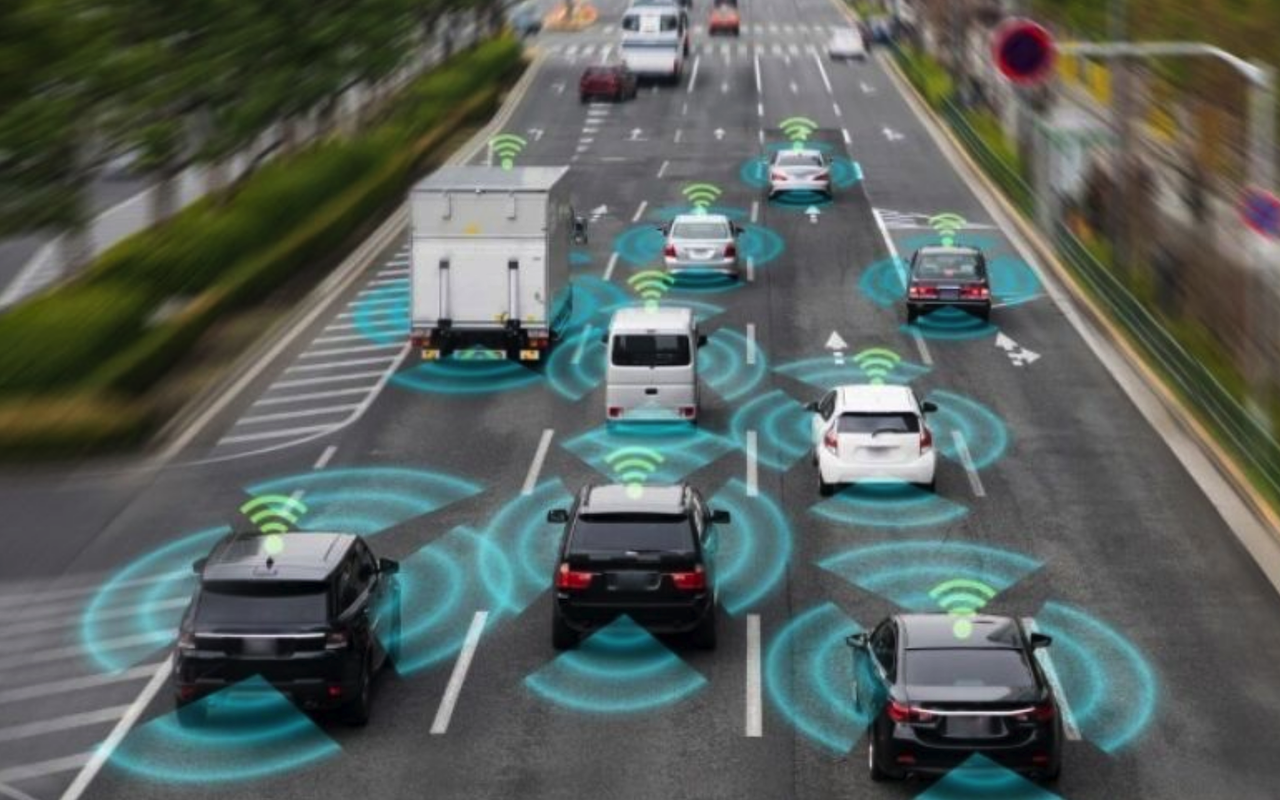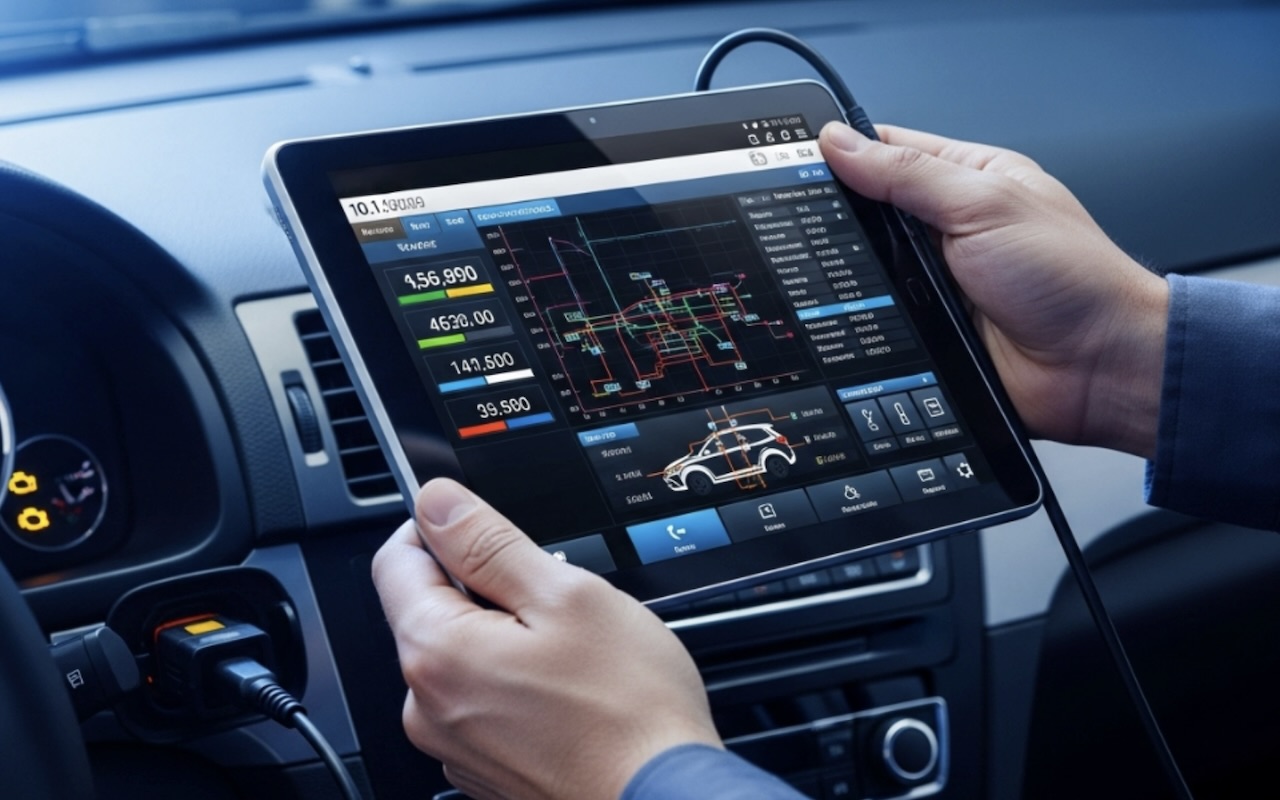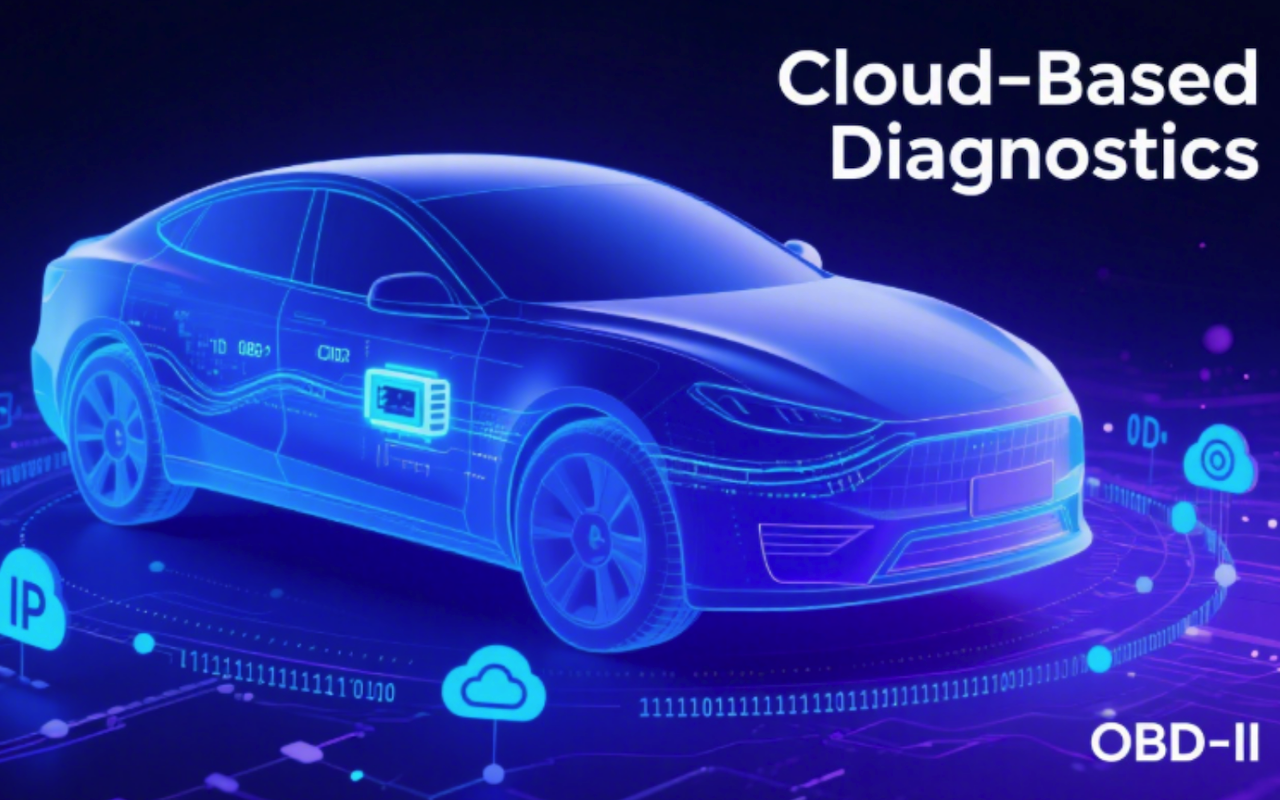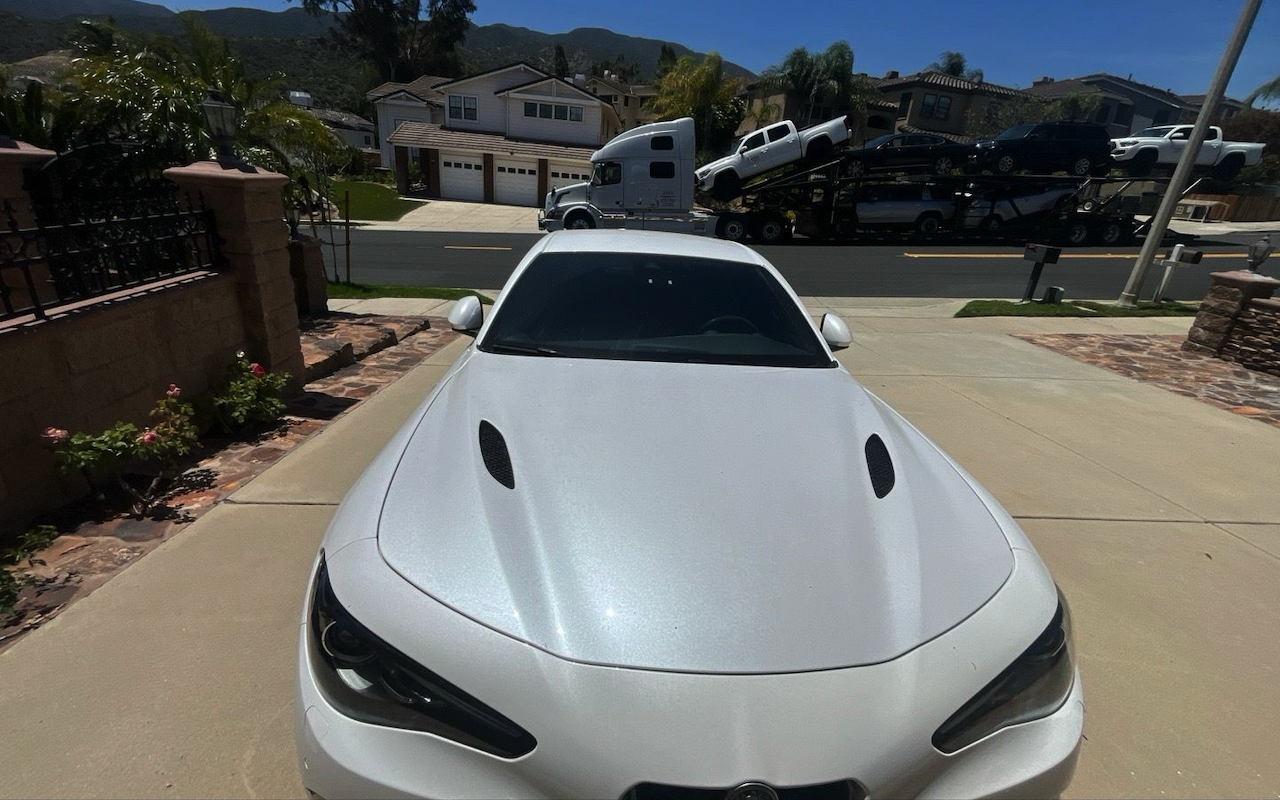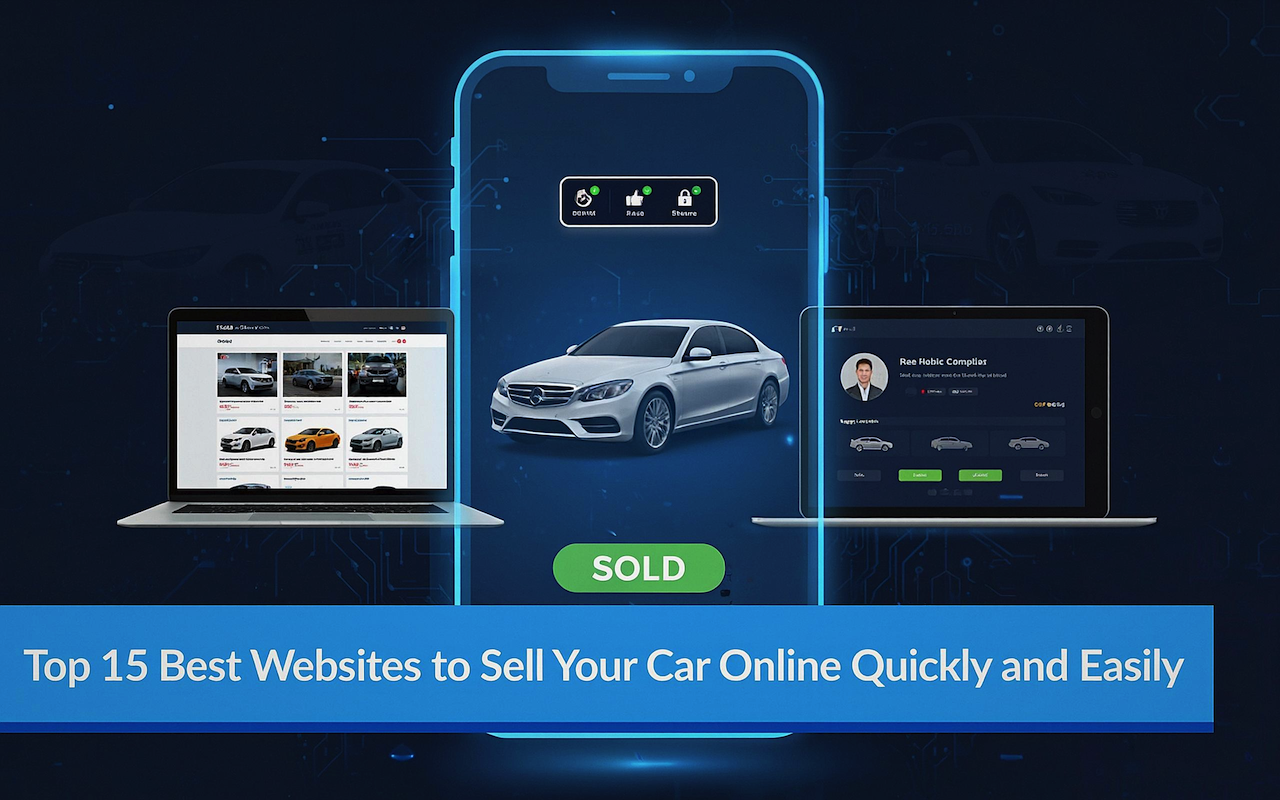
Selling a car has shifted from local newspaper classifieds to modern, dynamic websites. This guide highlights a variety of platforms for selling cars, ranging from global marketplaces to local instant-offer services. Whether your priority is speed, value, or convenience, online car-selling platforms can provide a streamlined experience. To achieve the best results, it’s important to understand how to navigate these marketplaces effectively. Here, we outline top websites that connect sellers with serious buyers while helping maximize outcomes based on individual needs.

